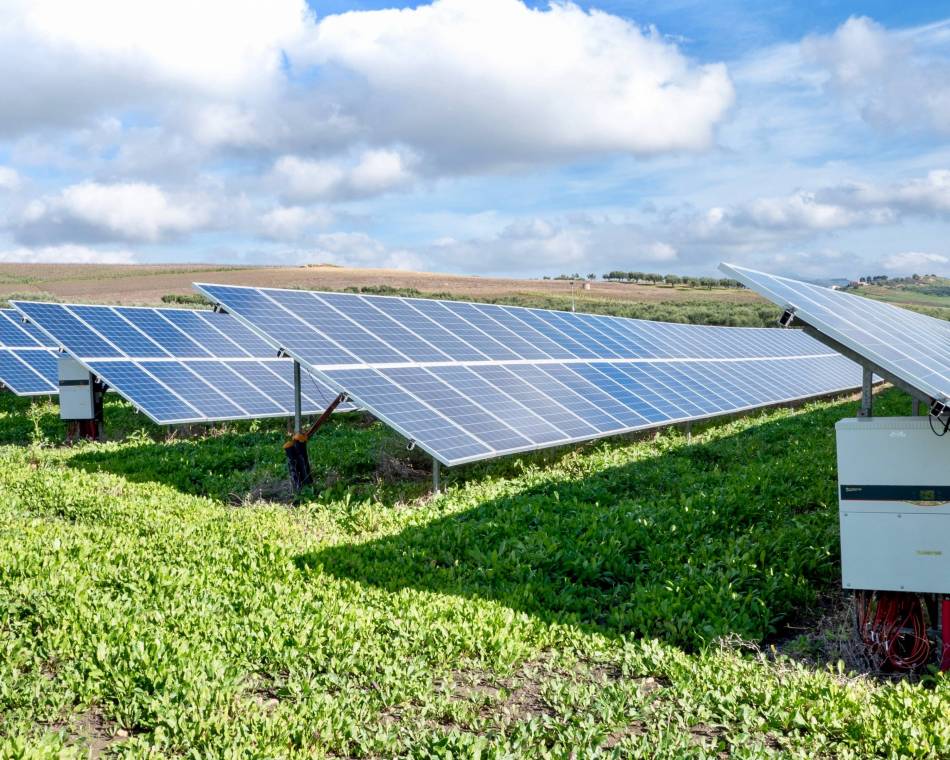GENEVA (AN) — The rise of ESG investing has led to an "urgent demand for global standards, especially on climate," according to an international organization aiming to do just that for the increasingly mainstream world of sustainability reporting as the next U.N. climate summit approaches in November.
More than 500 investors, regulators and others involved in environmental, social and governance investing mainly in Europe, North America and Asia urged the International Financial Reporting Standards Foundation, or IFRS Foundation, to develop a single set of globally accepted ESG accounting standards, according to a June update. The London-based foundation is taking comments through July on whether to set up an international board that sets sustainability standards.









